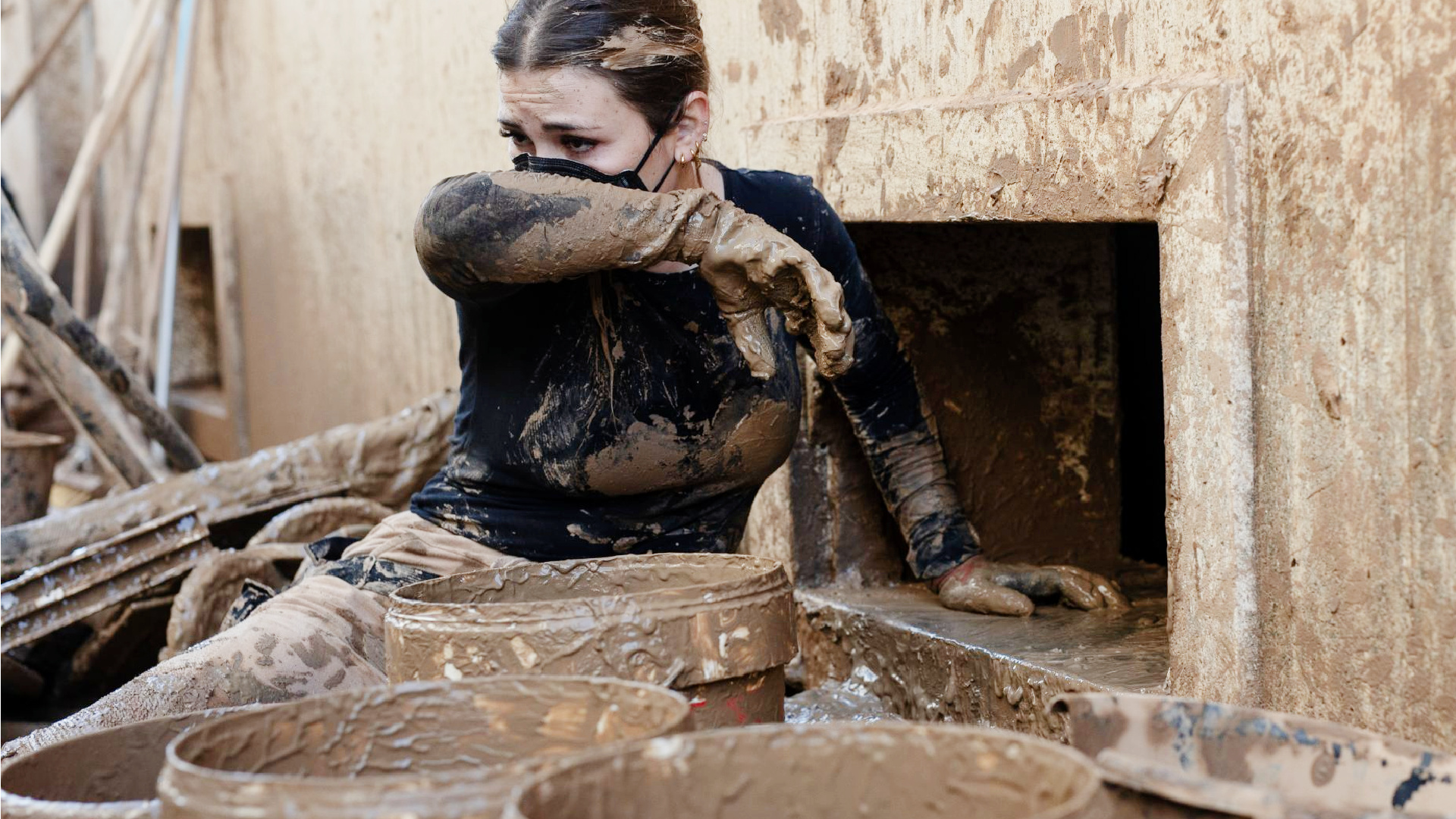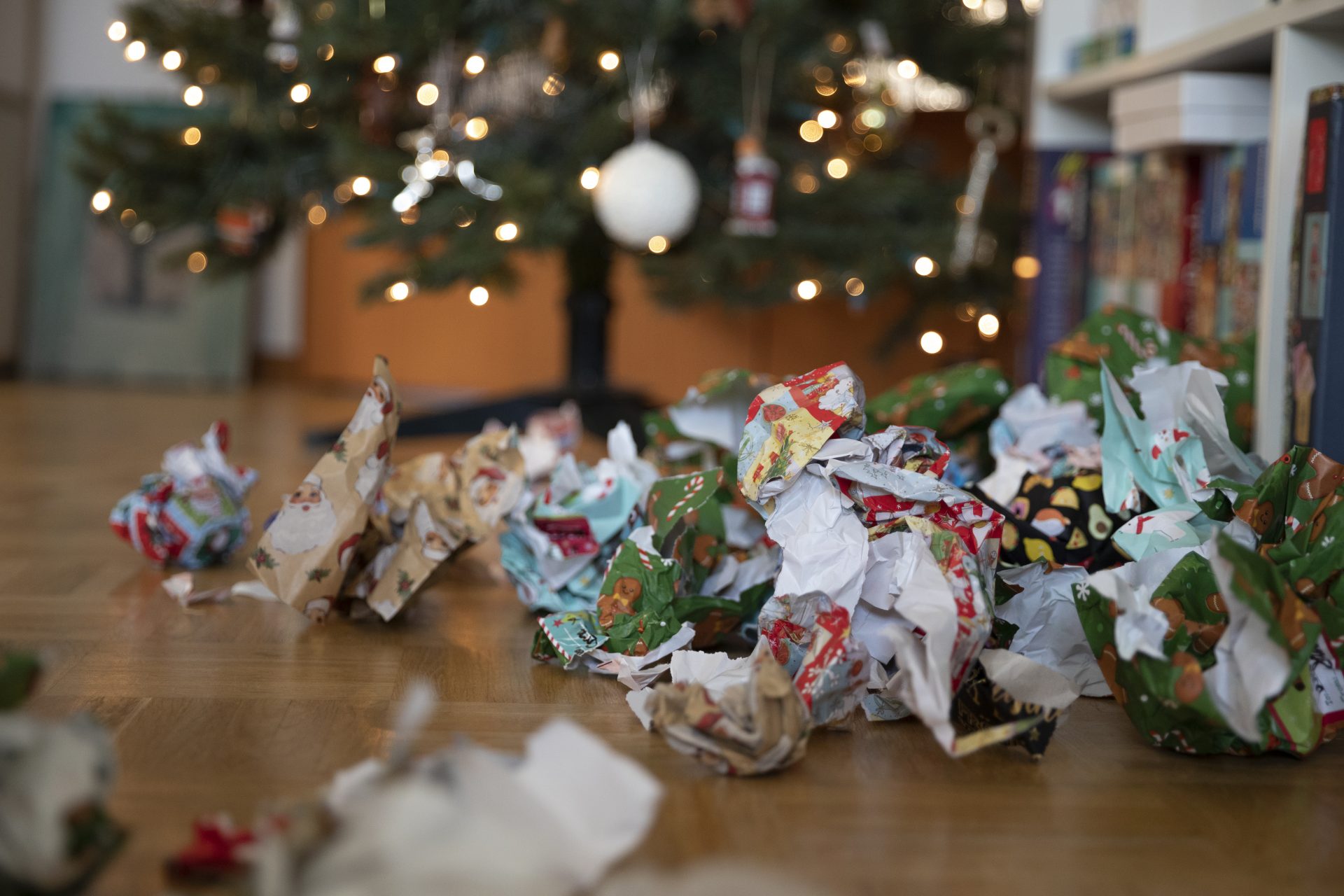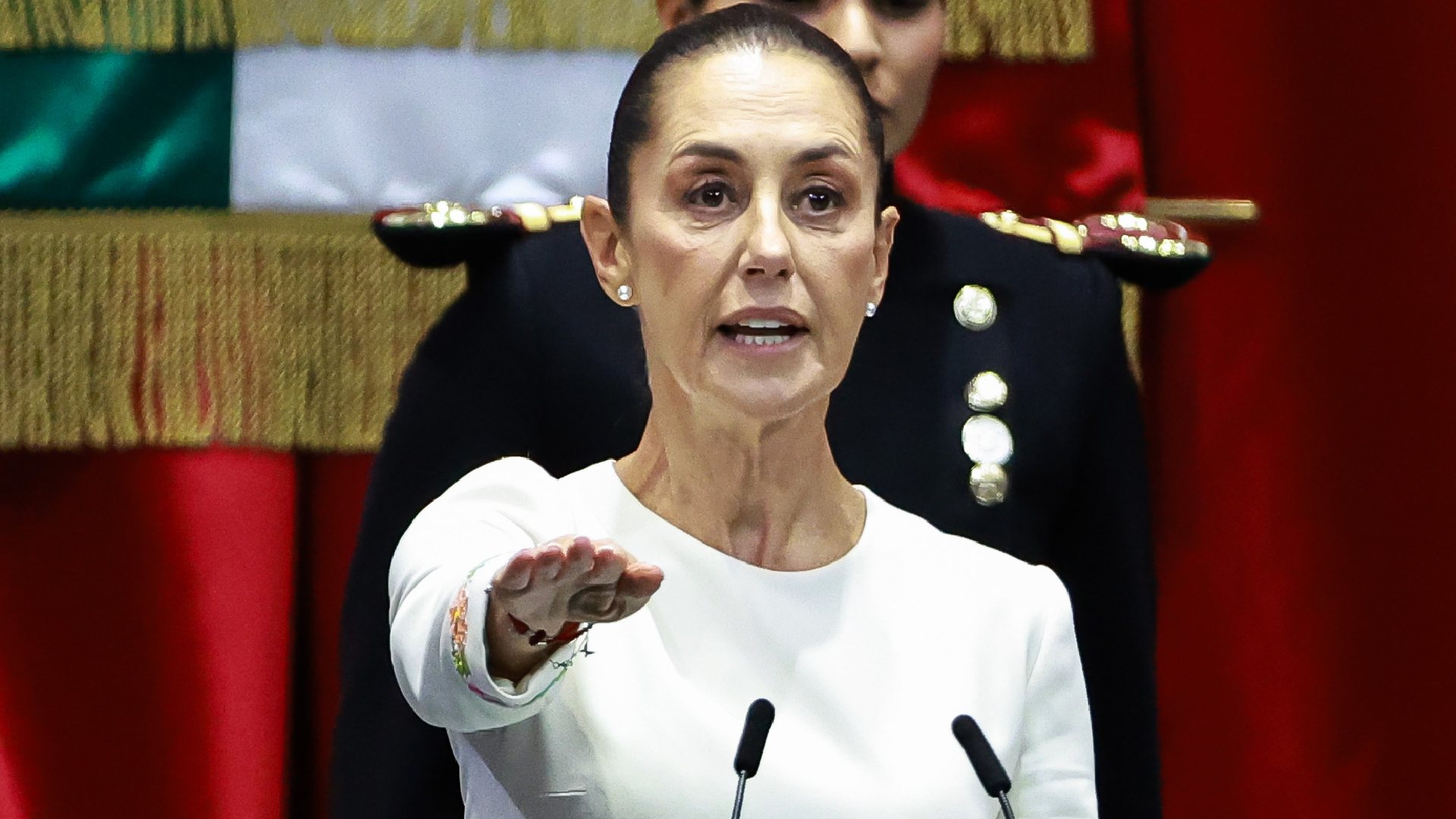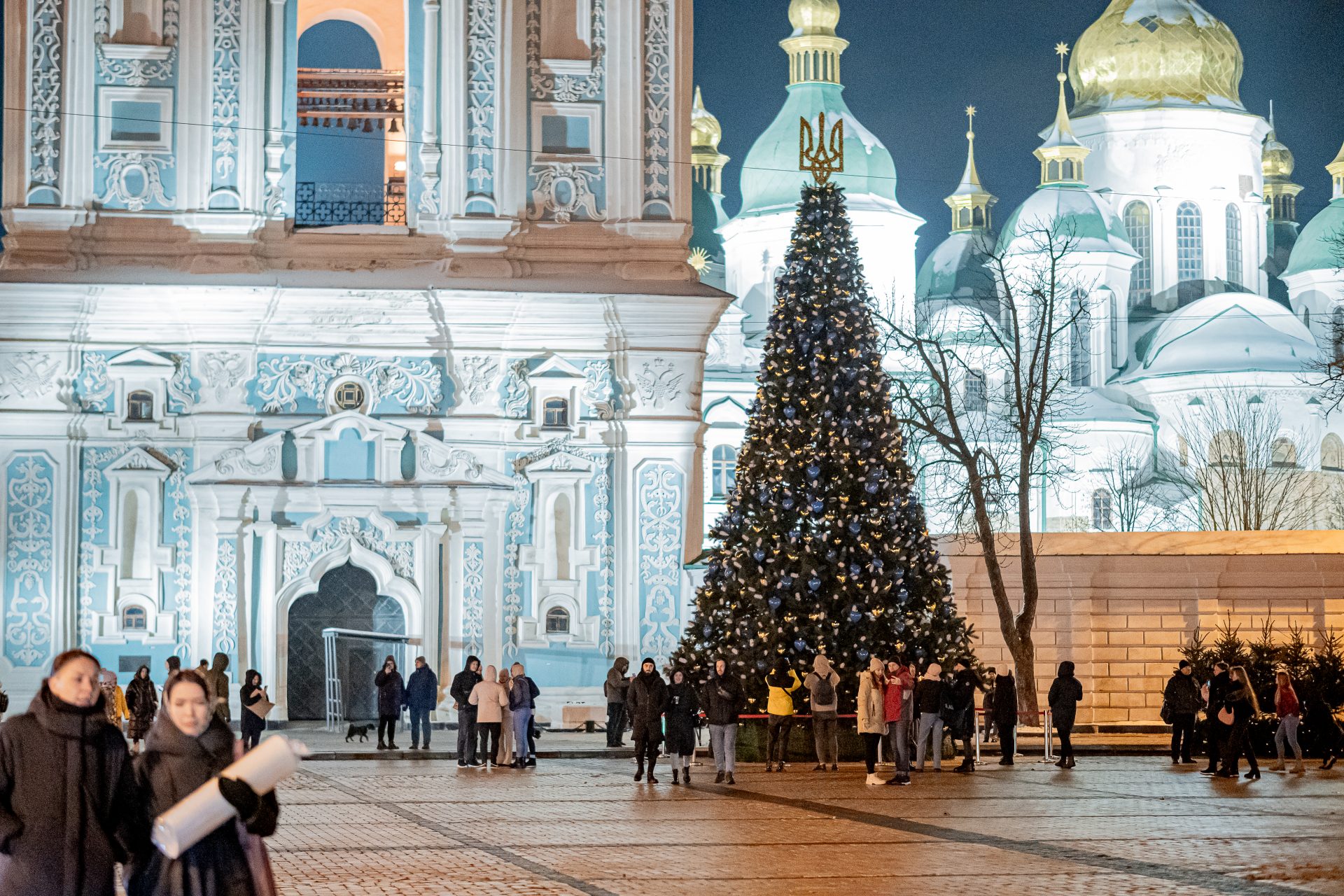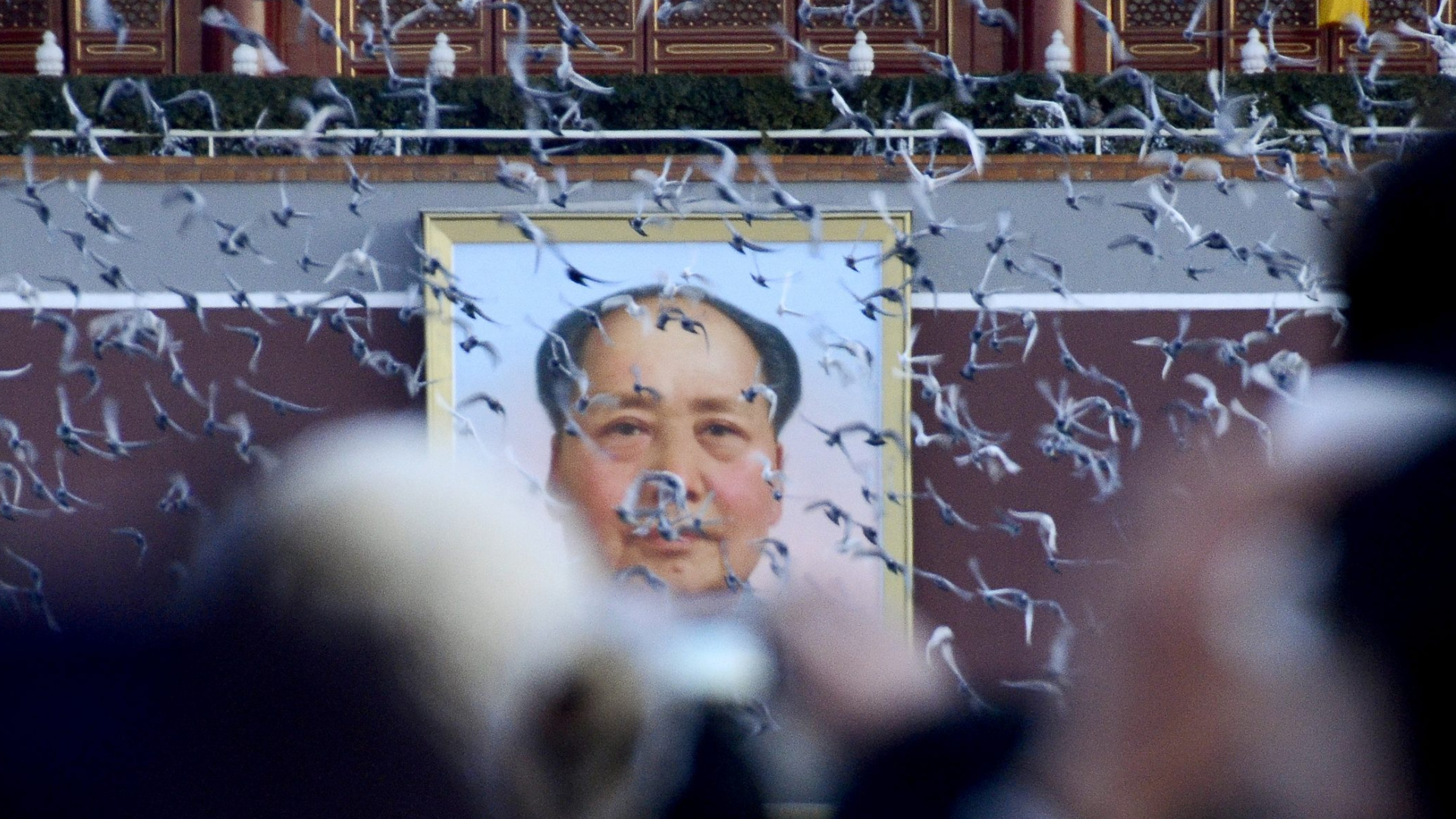Climate Change ruined Christmas for many this year
Several communities will have a hard time celebrating Christmas this year, as extreme weather events hit them in the last months of the year, and recovery is slow.
Extreme weather events are becoming more frequent. Many countries are affected by floods, typhoons, or droughts. The Northern Hemisphere is experiencing more winter storms, such as blizzards or tornadoes.
In the Philippines, Spain, or communities affected by Helene and Milton, the holidays will not feel as good and might even be a reminder of what was lost.
However, as the planet warms, suffering will also become wider. More communities will suffer, and even some elements we consider basic for the holidays might become scarce.
Extreme weather conditions affect Christmas trees, which can take up to ten years to grow. Drought and heat events kill the seedlings for future tree generations. Shortages might be typical soon.
According to the US National Snow and Ice Data Center, winter snow cover and depth are declining in most of the Northern Hemisphere.
Food is, without a doubt, the center of holiday traditions. However, climate change affects the production of many classic ingredients and drinks necessary for a proper yule feast.
Peanuts, walnuts, and pecans are a big part of Christmas baking. However, growing them requires high amounts of irrigation, and droughts affect crops quickly.
Europe is facing a grapevine crisis due to extreme weather events. In 2023, several local media reported that vineyards thrive in traditionally colder areas like Sweden and the UK.
The Ivory Coast and Ghana are the largest producers of cocoa. However, the last 12 years have been the driest in Western Africa, threatening millions of people's production and livelihood.
Climate change also threatens other Christmas customs, from countries in the Southern Hemisphere that celebrate the holidays during the summer or have distinct micro weather.
Australia celebrates Christmas in the summer, and seafood like oysters or shrimp is a tradition. But the growing world demand for seafood has come at the expense of wild populations — one-third of fish stocks are overexploited, according to the United Nations.
Christmas is not only a victim of climate change. It is also a great contributor. High consumption and even higher waste are staples of the season.
According to Politico, in the UK alone, the pile of trash contains enough unrecyclable wrapping paper to wrap around the equator nine times.
But the holidays can become healthier for the environment with just a few changes. Reducing consumption is the first one. Playing 'Secret Santa' to buy less presents is a good alternative.
WWF has a list of tips for making your Christmas more sustainable. Choose presents with less packaging and gift experiences instead of things.
At social gatherings, reduce food waste, and eat seasonally. You can also pay attention to the clothes you buy for parties and avoid fast fashion.
Changing how Christmas is celebrated can seem less than jolly. However, it is good to consider that future generations also deserve to celebrate holiday traditions.
More for you
Top Stories





